☆ PuniPuni Youtube ☆
Japanese Vocabulary – School Subjects (学校の科目) – Review Notes
Today we learned how to say some school subjects in Japanese! In these review notes, we will go over all the Japanese vocabulary that was in the video and we will see a list of additional Japanese vocabulary!
………………………………………………………………………………..
Number 1:
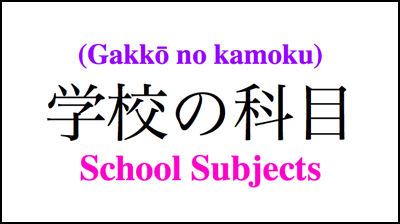
★ The Japanese word for school subjects is 学校の科目 (gakkō no kamoku).
@punipunijapan Today we learned how to say some school subjects in Japanese!🏫🇯🇵 好きな教科は何ですか? (Suki na kyouka wa nandesuka? – What’s your favorite subject?) Please let me know in the comment📝 Learn more subjects at my blog : https://www.punipunijapan.com/schoolsubjects/ Do you have any Japanese questions? It is the perfect time to start learning Japanese🇯🇵 Take Japanese lessons online with our professional Japanese teachers (◕ω◕)/☆ We can teach you Japanese step by step and make the customized lesson for you. You can take a FREE trial lesson here now🌸👉 http://kakehashijapan.com #learnjapaneselanguage #studyingjapanese #Japanesevocabulary #nihongo #learnjapanese #studyjapanese #japanesebeginner #Japanese #Japanesephrase #learningjapanese #japanesewords #Japaneselearner #japanese #japanesetutor #japaneselanguage #japaneselessons #japaneselesson #learnjapanese #japaneseteacher #subject #japaneseclass #japaneseschool #JLPT #japaneselanguage #learningjapanese #日本語 #日本語勉強中 #日本語勉強 #🇯🇵 #jlptn5 #jlptn4 #jlpn3 #jlptn2 #jlptn1
♬ 4 on the floor and a acoustic guitar with a theme of refreshing breeze(1389487) – Yu Hayashi
………………………………………………………………………………..
Number 2:

★ 数学 (sūgaku) is the Japanese word for math.
★ There is another Japanese word for math: 算数 (sansū) This word is used more for elementary school math or arithmetic, while 数学 (sūgaku) is used more for higher levels of math.
………………………………………………………………………………..
Number 3:

★ The Japanese word for science is 理科 (rika)
★ There is another word for science in Japanese: 科学 (kagaku).
★ Although they both translate as science in English, 理科 (rika) is used more in elementary schools and might be considered a more simple type of science.
★ From junior high school on, students study 科学 (kagaku) which includes more advanced kinds of science.
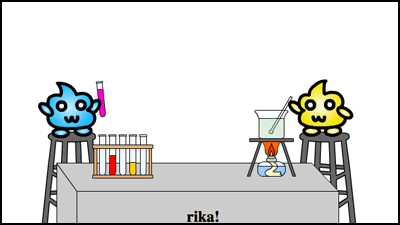
………………………………………………………………………………..
Number 4:

★ History in Japanese is 歴史 (rekishi).
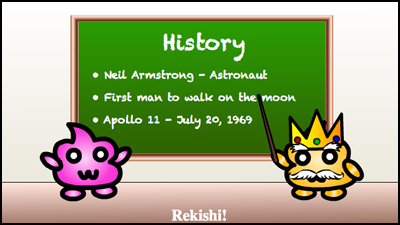
………………………………………………………………………………..
Number 5:

★ The Japanese word for art is 美術 (bijutsu)

………………………………………………………………………………..
Number 6:

★ Japanese (language) in Japanese is 日本語 (nihongo).
★ In Japan, Japanese (as a school subject) is known as 国語 (kokugo – “national language”) rather than 日本語 (nihongo).
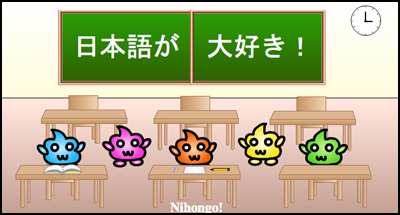
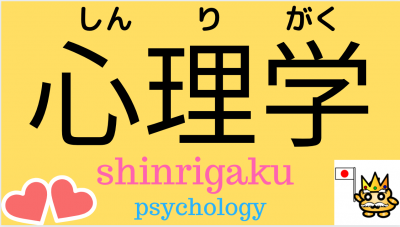
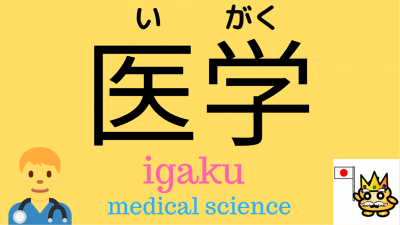
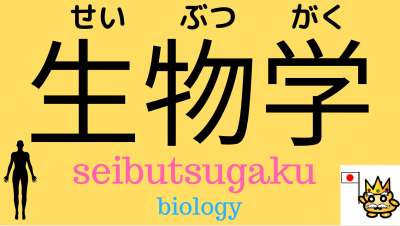
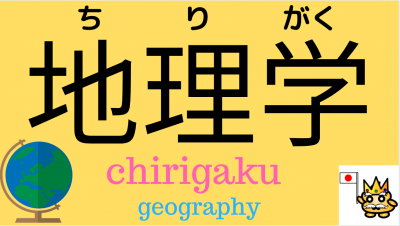
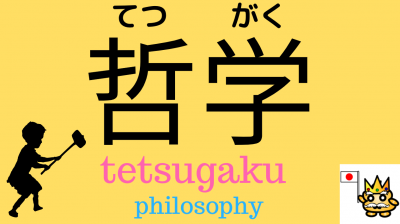
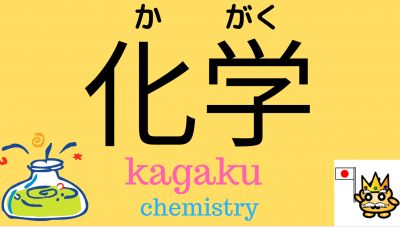
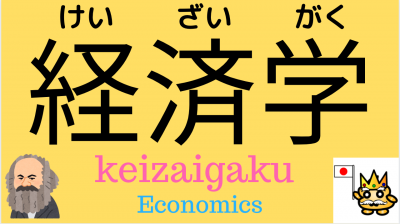
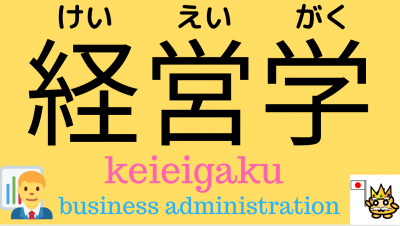
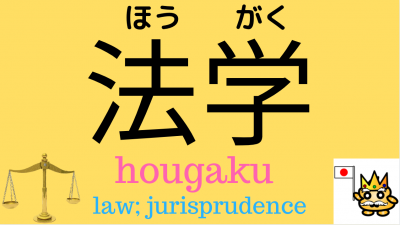
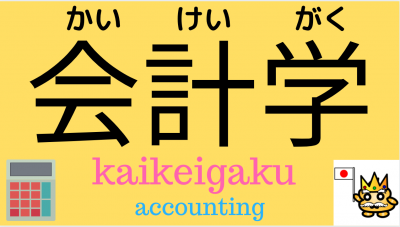
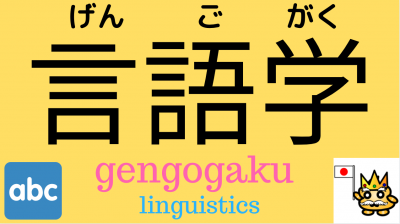
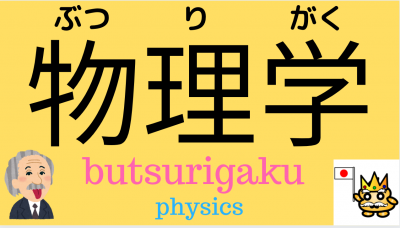
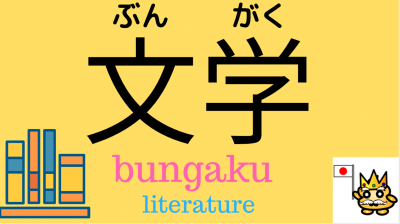
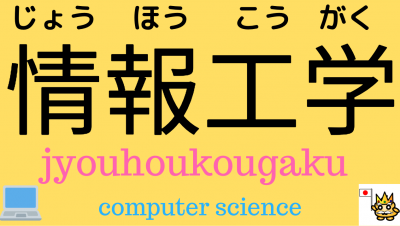
………………………………………………………………………………..
Additional School Subjects:
体育 taiiku P.E.
音楽 ongaku Music
社会 shakai Social Studies
社会学 shakaigaku Sociology
文学 bungaku Literature
英語 eigo English
スペイン語 supeingo Spanish
フランス語 furansugo French
ドイツ語 doitsugo German
言語学 gengogaku Linguistics
哲学 tetsugaku Philosophy
心理学 shinrigaku Psychology
人類学 jinruigaku Anthropology
地理学 chirigaku Geography
政治学 seijigaku Political Science
経済学 keizaigaku Economics
生物学 seibutsugaku Biology
化学 kagaku Chemistry
物理学 butsurigaku Physics
天文学 tenmongaku Astronomy
地質学 chishitsugaku Geology
医学 igaku Medical Science
統計学 tōkeigaku Statistics
……………………………………………………………………………….
Conclusion:
We learned a lot of school subjects in Japanese today! What’s your favorite school subject? Let us know in Japanese the comment section below!
Also, if you want to know a school subject’s name that we have not listed, feel free to ask!
……………………………………………………………………………….
Do you want a Japanese tutor?
Take Japanese Skype Lessons with Professional Japanese Teachers on kakehashijapan.com!
………………………………………………………………………………..
………………………………………………………………………………..









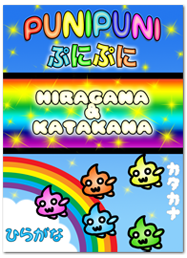
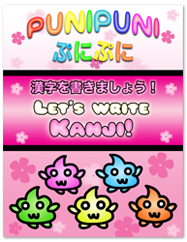


13 comments
高校の数学の教師になりたいです。 来月、卒業します! ^w^
(Hopefully that makes sense… I’m still learning particles!)
Comment by Chip on 04/01/2013 at 11:16 pmはい!It makes sense (◕ω◕)b☆
Comment by PuniPuni on 04/02/2013 at 10:26 pmi don’t see art or photography and i was wondering what they were seeing as i am taking both of those. 🙂
Comment by arashina on 04/11/2013 at 7:52 pmArt is 美術 (bijutsu) and photography is 写真術 (shashinjutsu) (◕ω◕)♪
Comment by PuniPuni on 04/12/2013 at 10:10 amぷにぷにさん、きんにちは! What is the word for design technology, food technology, resistant materials (using wood, plastic, etc.), and graphics in Japanese?
In my school, design technology (as a subject) is split into the 3 subjects above.
ありがとうございます!
Comment by Byakko on 05/12/2013 at 2:48 pmこんにちは!\(◕ω◕)/♪
I’ve never heard of some of these subjects, and I think we don’t have all of these subjects in Japan. I would write in katakana like this, but it is just my guess: デザインテクノロジー (design technology), フードテクノロジー (food technology), レジスタントマテリアルズ (resistant materials), グラフィックス (graphics)
Comment by PuniPuni on 05/13/2013 at 10:57 amKonnichi ha! How would you say something like RS (Religious Studies) / Theology then?
Comment by Jennie on 08/16/2013 at 9:19 amReligious studies in Japanese is: 宗教学 (shuukyougaku) \(◕ω◕)/♪
Comment by PuniPuni on 08/27/2013 at 8:06 amOMGSH, WHY IS THIS SITE BLOCKED IN MY SCHOOL!?!?!?!?! IT’S AMAZING!!!!
Ok, to my question. How would you say bio-technology in Japanese?
Comment by taichidesu on 09/07/2013 at 5:33 pmBio-technology in Japanese is: 生物工学 (seibutsu kougaku). But you can also just say bio technology using katakana: バイオテクノロジー (baio tekunorojii). (◕ω◕)☆
Comment by PuniPuni on 09/07/2013 at 9:25 pmThanks! ^-^ This website is a great help!!! >.<
Comment by KawaiiOnToast on 11/20/2013 at 9:12 pmHow would I write “Study Hall” or “Study Period” in Hiragana/kanji?
Comment by Kitsune Mangaka on 01/06/2015 at 5:49 pmThere is a 自習 (じしゅう) which means “self study”. This is used in schools for example when students have a study period instead of a normal class.
Comment by PuniPuni on 01/27/2015 at 6:03 am